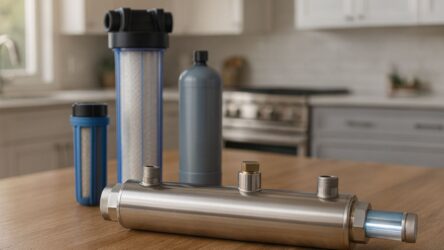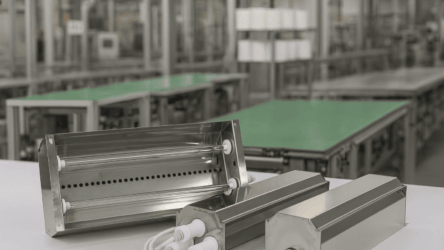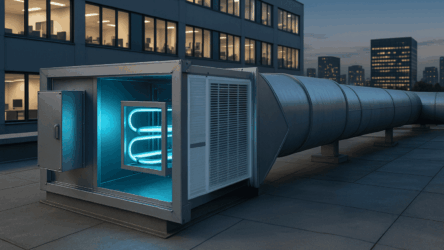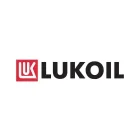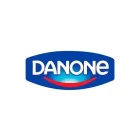UV installations play a crucial role in water disinfection at food production facilities, where strict sanitary standards must be maintained. Equipment made from AISI 316 steel is highly resistant to corrosion and exceptionally durable, making it an ideal choice for use in aggressive environments. These systems effectively eliminate microorganisms, ensuring product safety without the use of chemicals.
Features of AISI 316 steel
This type of stainless steel, which contains molybdenum, offers enhanced resistance to chemical exposure and corrosion, especially in water with high salt and acid content. This makes the alloy particularly beneficial for equipment used in the food industry, where aggressive environments can accelerate wear and tear.
Key composition:
- Chromium: 16–18%
- Nickel: 10–14%
- Molybdenum: 2–3%
These elements make AISI 316 the optimal material for operating in challenging conditions, significantly extending the service life of UV installations.
Advantages of using AISI 316 in the food industry
1. Corrosion resistance
Water used in food production can contain aggressive impurities, such as salts and acids. AISI 316 alloy demonstrates superior performance in conditions where less resistant materials, such as AISI 304, deteriorate more quickly.
- Corrosion rate AISI 316: Less than 0.02 mm/year
- AISI 304: Approximately 0.05 mm/year
This data highlights that equipment made from AISI 316 steel has a significantly longer lifespan compared to its alternatives.
2. Hygiene and easy maintenance
The smooth surface of this alloy prevents contamination buildup, making sanitary cleaning easier and reducing the risk of cross-contamination. Studies have shown that the risk of contamination on AISI 316 equipment is 20–30% lower compared to other materials.
3. Stability in temperature fluctuations
Food industry processes often involve temperature changes. AISI 316 steel maintains its properties under extreme temperature variations, making it a versatile choice for various stages of water treatment.
4. Economic efficiency and durability
Corrosion-resistant materials reduce the frequency of replacements and repairs. UV installations made of AISI 316 last 30% longer than those made of less durable alloys, lowering maintenance costs.
Service life:
- AISI 316: 15–20 years
- AISI 304: 10–12 years
Applications of UV installations in the food industry
UV equipment made of AISI 316 is widely used in various sectors of the food industry where water plays a key role:
- Beverage production (water, juices, beer)
- Dairy industry
- Canning industry
- Treatment of process water
- Equipment and raw material washing
Conclusion
UV installations made of AISI 316 steel are the optimal choice for the food industry due to their reliability, high corrosion resistance, and durability. This alloy ensures long-term operation and minimizes contamination risks, making it the best solution for businesses aiming to maintain high sanitary standards while reducing operational costs.


